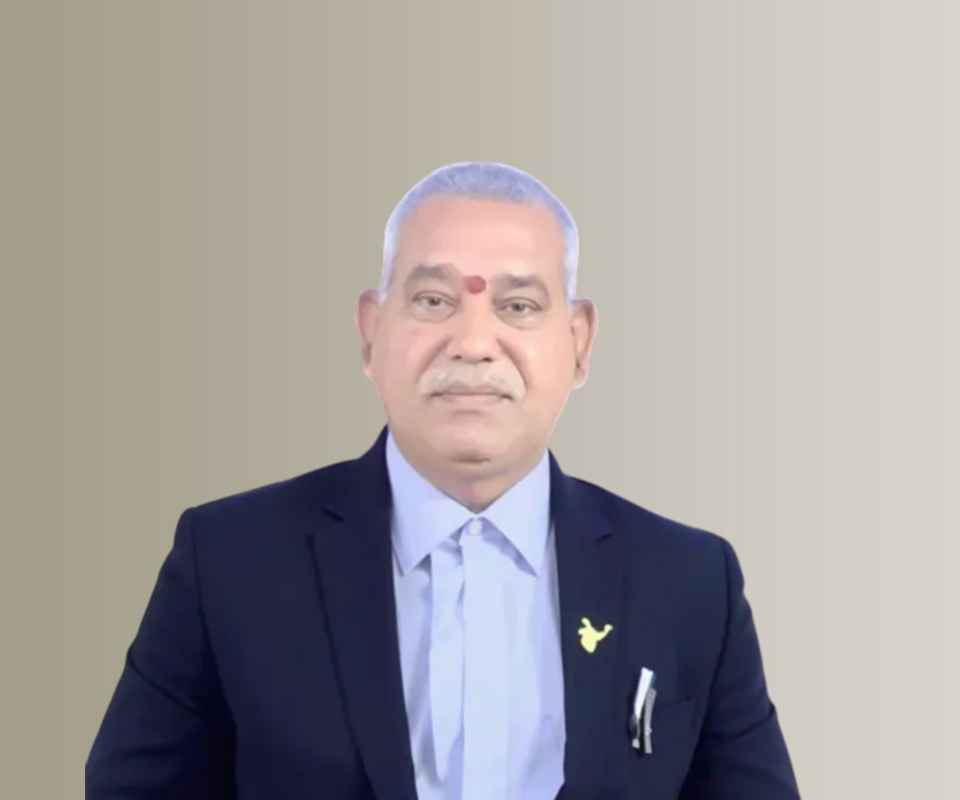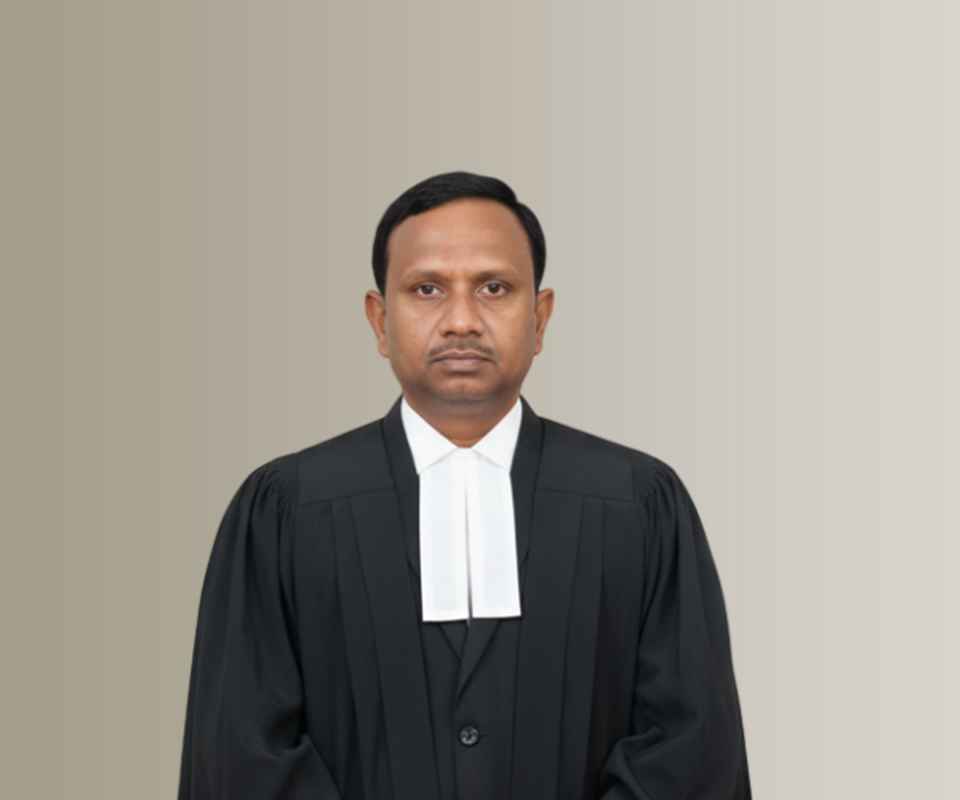Answer By law4u team
Deepfake technology has created a new and concerning form of digital abuse, especially in the context of pornography. Deepfakes are manipulated videos or images where a person’s face is digitally swapped onto someone else's body, often without their consent. When used in pornography, deepfakes can lead to significant privacy violations, defamation, and emotional distress for the victims, most often women. In India, while existing laws on cybercrime and pornography may apply, the prosecution of deepfake pornography poses unique challenges. This article explores the legal avenues available to address deepfake pornography under Indian law and examines the hurdles faced by law enforcement in prosecuting this emerging crime.
Relevant Legal Provisions Under Indian Law
Section 66E of the Information Technology Act (IT Act), 2000:
Section 66E of the IT Act specifically criminalizes the violation of privacy by capturing, publishing, or transmitting an image of a private area of any person without their consent. Deepfake pornography, where a person’s likeness is used without their consent, can be prosecuted under this provision if the content involves images or videos that violate an individual's privacy. The law carries a punishment of up to three years in prison or a fine or both.
Section 67A of the IT Act:
Section 67A of the IT Act criminalizes the transmission or publication of sexually explicit content in electronic form. If deepfake pornography involves sexually explicit content featuring a person without their consent, the creator or distributor of such content can be prosecuted under this section. The punishment includes imprisonment of up to five years and a fine of up to ₹10 lakh for the first offense, with higher penalties for repeat offenders.
Section 354C of the Indian Penal Code (IPC):
Section 354C of the IPC deals with the offense of voyeurism. This section could be used to prosecute individuals who create or share deepfake pornography, as it involves using technology to violate an individual's privacy and expose them to explicit content without their consent. The punishment under this section can be imprisonment for up to three years for the first offense and up to seven years for subsequent offenses.
Defamation Laws:
The creation and dissemination of deepfake pornography can also lead to defamation claims under the Indian Penal Code. If the deepfake content falsely attributes sexual acts to someone, it can damage their reputation. Under Section 499 of the IPC, a person whose image or identity has been misused in this way can file a defamation case against the perpetrator, seeking both criminal and civil remedies.
The Protection of Children from Sexual Offences (POCSO) Act, 2012:
If deepfake pornography involves minors, the POCSO Act would apply, as it specifically deals with child sexual abuse material. The punishment for creating, possessing, or distributing child pornography is severe, with penalties including life imprisonment and hefty fines.
Challenges in Prosecuting Deepfake Pornography
Technological Challenges:
Deepfake technology is evolving rapidly, and it can be difficult for law enforcement to distinguish between real and manipulated content. Identifying the perpetrators, especially if they operate anonymously or use sophisticated tools to disguise their identity, poses significant challenges. Additionally, the ease of creating and sharing such content online makes it difficult to track and take down illegal material promptly.
International Jurisdiction:
Deepfake pornography often circulates across borders, making jurisdictional issues a major concern. Perpetrators might reside in countries where the legal framework to address deepfake pornography is less stringent, complicating the process of investigation and prosecution. India’s laws may not have global reach, and international cooperation is required to combat this crime effectively.
Lack of Awareness and Resources:
Law enforcement agencies in India may not have the necessary training or resources to handle cases involving deepfake pornography. With limited awareness of the technology and its implications, investigators might find it difficult to collect evidence and build strong cases. In addition, many victims may not report the crime due to fear of societal stigma or lack of confidence in the legal system.
Victim Blaming and Societal Stigma:
Victims of deepfake pornography, especially women, may face social stigma, making them hesitant to report the crime. In some cases, victims might be blamed for their own victimization, particularly if the content has been widely shared or viewed online. This further complicates the legal process, as victims may feel disempowered and unwilling to seek justice.
Possible Solutions and Legal Recommendations
Strengthening Cybercrime Laws:
While existing provisions under the IT Act can be applied to prosecute deepfake pornography, there is a need for more specific laws addressing the unique nature of deepfakes. Legislators could introduce new provisions that specifically criminalize the creation and distribution of deepfake pornography, with clear penalties and procedures for prosecuting such crimes.
Public Awareness Campaigns:
Increased public awareness about the dangers of deepfake pornography and the legal consequences for its creation and distribution could help deter potential offenders. Awareness campaigns should target both the general public and law enforcement to improve understanding of deepfakes and how to address them legally.
Collaboration with Tech Companies:
Social media platforms, online video hosting services, and tech companies must take proactive measures to prevent the spread of deepfake pornography. Indian laws could encourage or mandate collaboration with tech companies to detect, report, and take down harmful content quickly. This includes the use of artificial intelligence tools to identify deepfakes.
Support for Victims:
Victims of deepfake pornography should have access to legal, psychological, and social support services. Legal aid should be available to help victims navigate the legal process, while psychological counseling services can assist in addressing the emotional trauma caused by the violation of privacy.
Example
In 2021, a case was reported in India where a woman’s face was digitally inserted into a pornographic video without her consent, leading to significant distress and harm to her reputation. The victim, through her legal team, filed a complaint under Section 66E and 67A of the IT Act, and the authorities investigated the case. The perpetrator, who was using deepfake technology to create and distribute the content, was eventually caught, demonstrating the potential for prosecution under existing laws when appropriate action is taken.
Conclusion
Deepfake pornography presents a new and complex challenge for legal systems worldwide, including in India. While Indian law does have provisions that can be applied to prosecute creators and distributors of deepfake pornography, the rapidly evolving nature of technology and the difficulties in enforcement highlight the need for more specialized legal frameworks and resources. Strengthening the legal framework, increasing public awareness, and collaborating with technology companies are essential steps toward effectively combating this form of digital abuse and protecting victims from harm.







